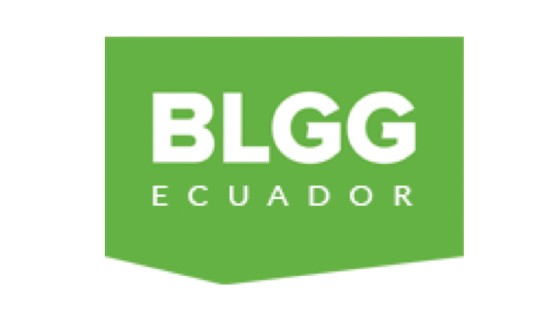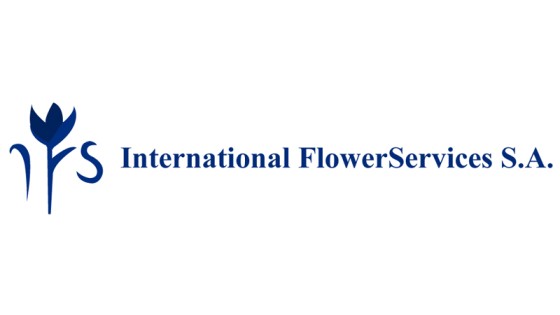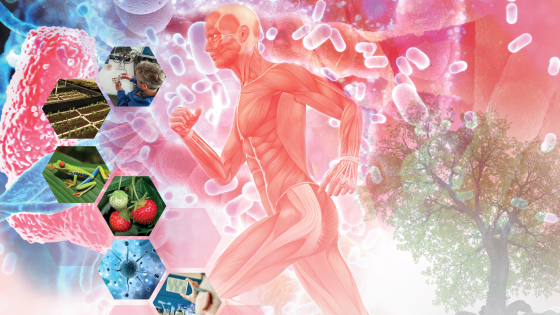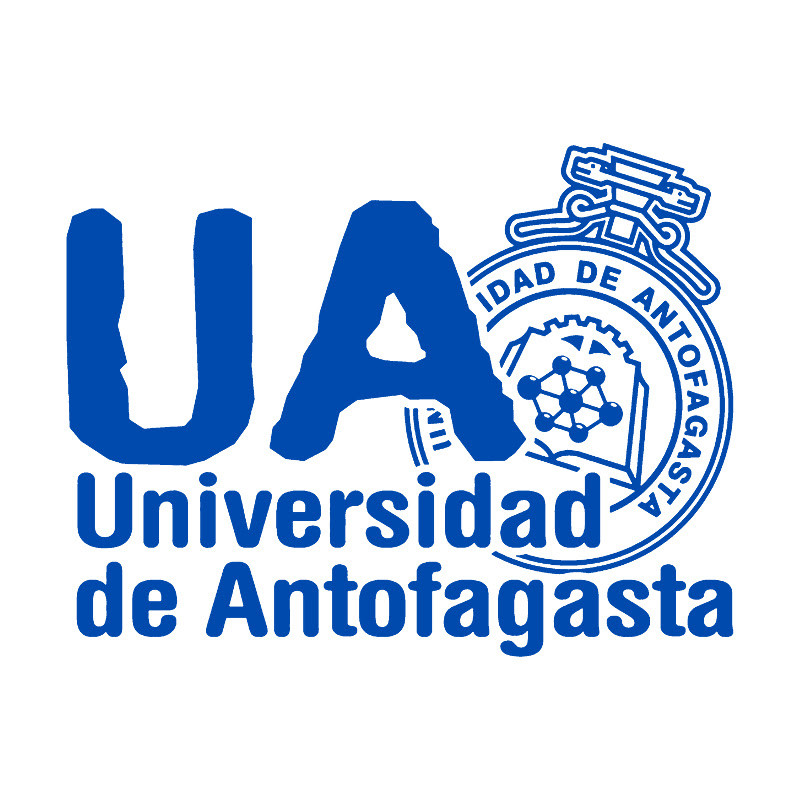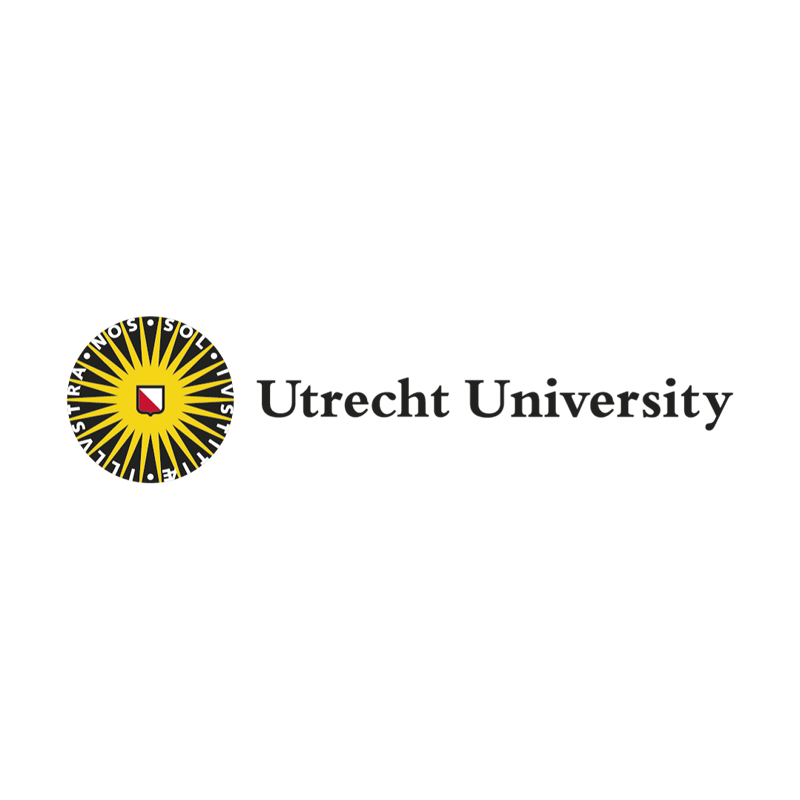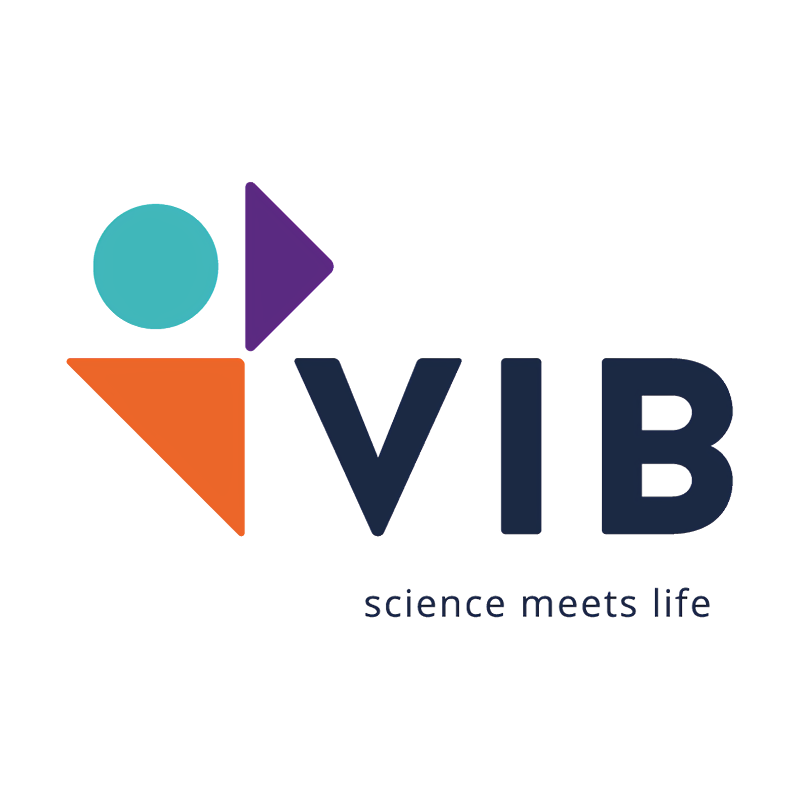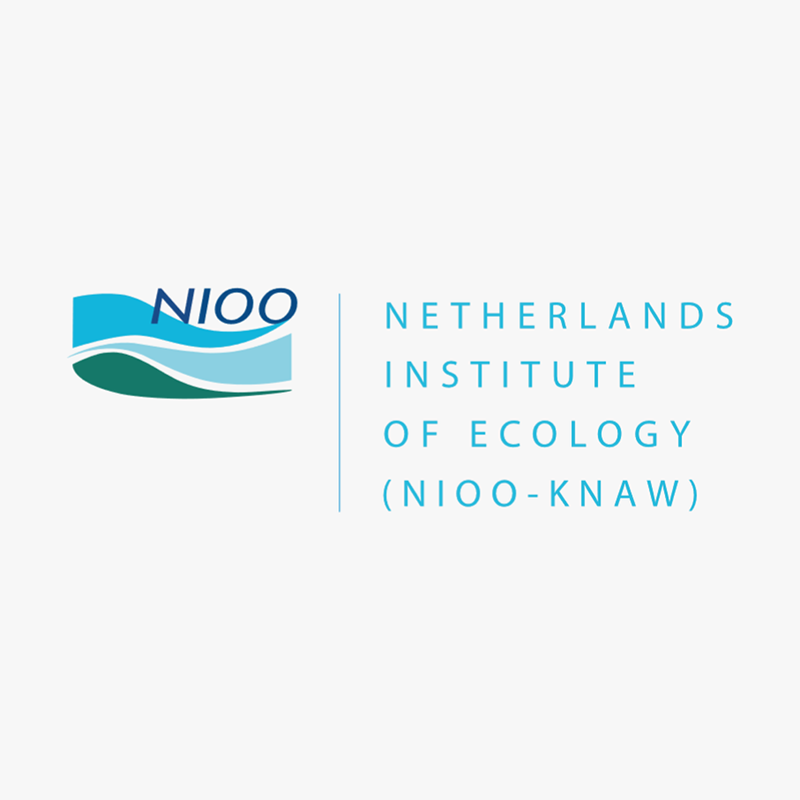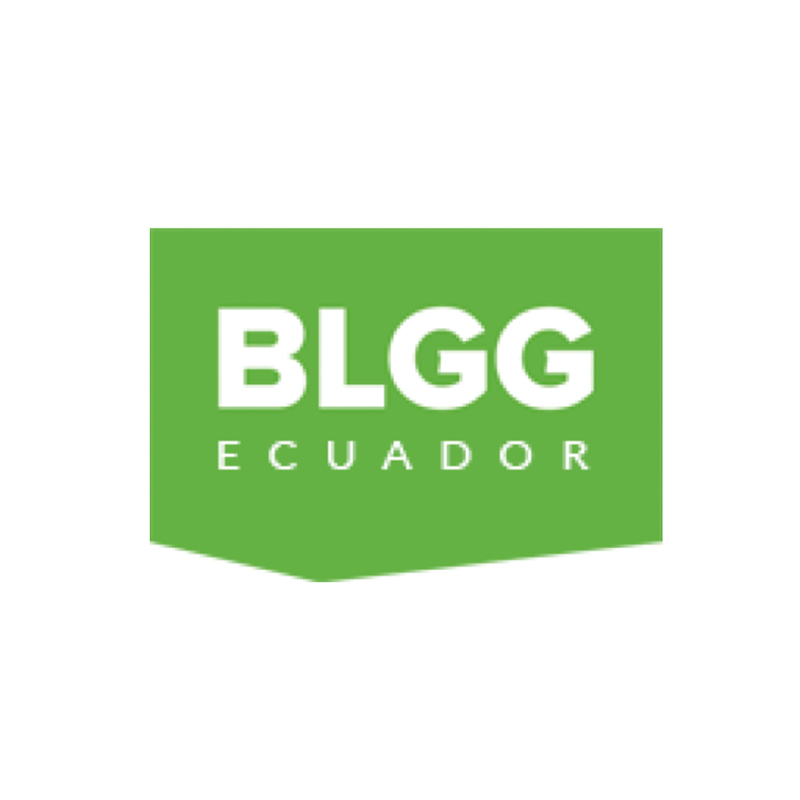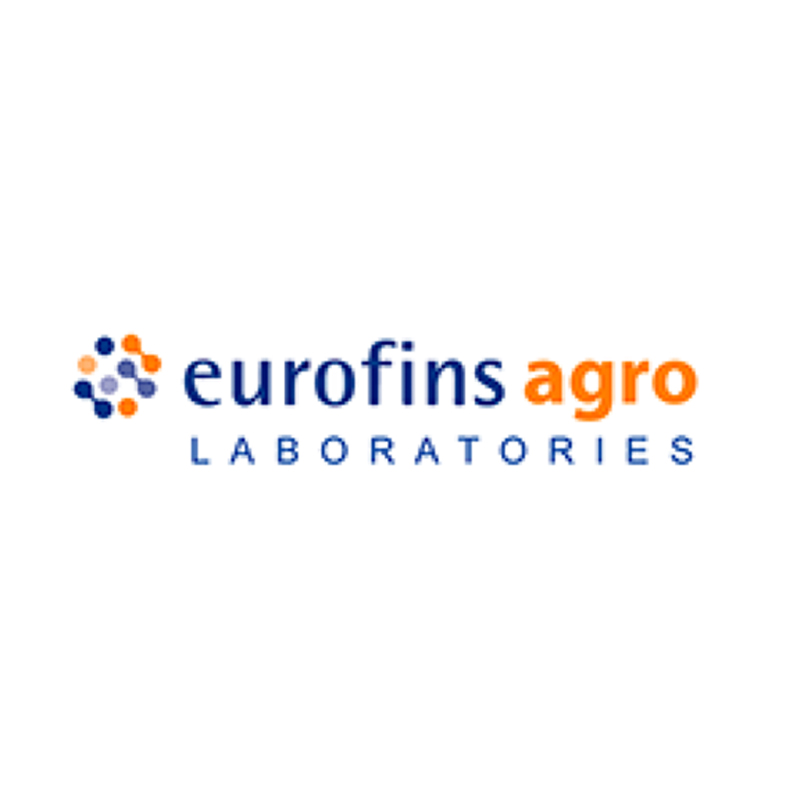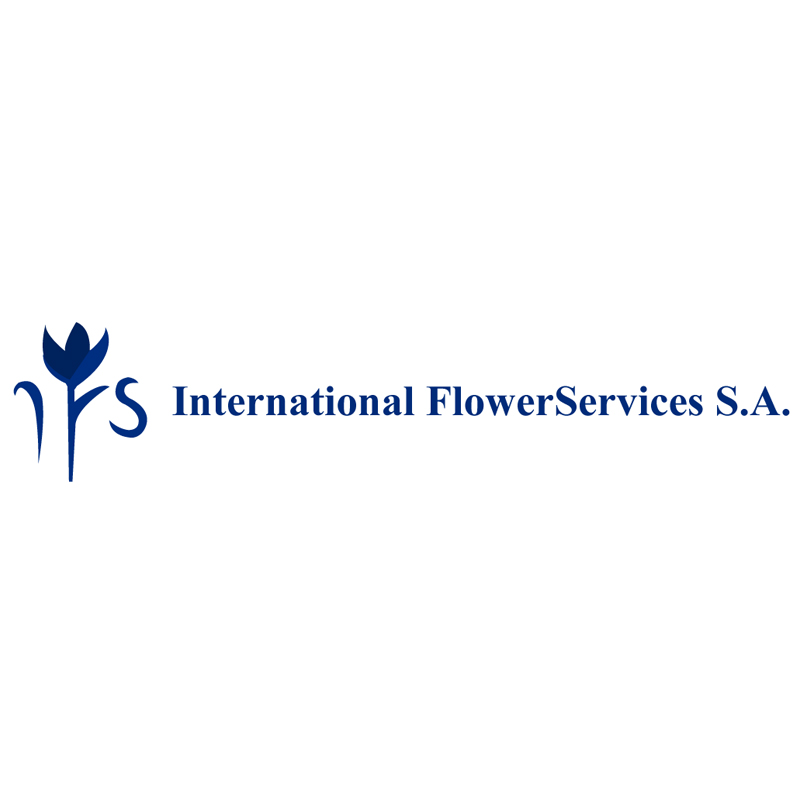3er Simposio Internacional "Avances en el mundo de Microbiomas"
A few years ago, the concept of the microbiome emerged, defined as the entirety of microbes, their genetic material, and the interactions they establish in the space where they live.
We can find microbiomes in various environments, for example, in the intestines of humans and animals. It is now known that more than 100 trillion microbial cells inhabiting the human body, including their genetic material (10 times more foreign cells than the body's own cells), are part of the human being itself.
Just like the intestinal microbiota of humans, the bacteria and fungi that coat the surface of plant roots enhance the ability to obtain nutrients and protect against pathogenic microorganisms. The plant microbiome plays a fundamental role in the nutrition of the plant and in its defense against diseases.
According to the Massachusetts Institute of Technology – MIT, the plant microbiome could increase crop production by 10% compared to today. The deciphering of the function of the plant microbiome in its health and productivity is just beginning, as we currently know probably 1% or 2% of what we will know in five or ten years.
The greater complexity of this concept lies in correctly identifying the microbial community that inhabits inside or around multicellular organisms. The term “microbiome” was coined to define living beings, as this enormous amount of cells with their own proteins and metabolic pathways affects the metabolism and physiological processes of humans, animals, and plants.
Lately, the development of molecular techniques and new tools in bioinformatics allow us to study microbiomes in depth.
Following the successful editions in 2018 and 2019, and due to the current great importance of the topic, the Institute of Microbiology of the College of Biological and Environmental Sciences of the Universidad San Francisco de Quito extends a cordial invitation to attend the third edition of the International Symposium “Advances in the World of Microbiomes”, which will take place on June 17-18, 2021, entirely virtually.
On Friday, June 18, 2021, from 08:00 to 17:30 (ECU time), and through the ZOOM platform, keynote talks will be offered virtually by national and international experts on the topics of human, plant, and animal microbiomes. Most of the keynote talks will be in Spanish.
I bring to your attention that on the day before the symposium, June 17, 2021, we will offer several academic workshops related to microbiomes.
Exhibitors
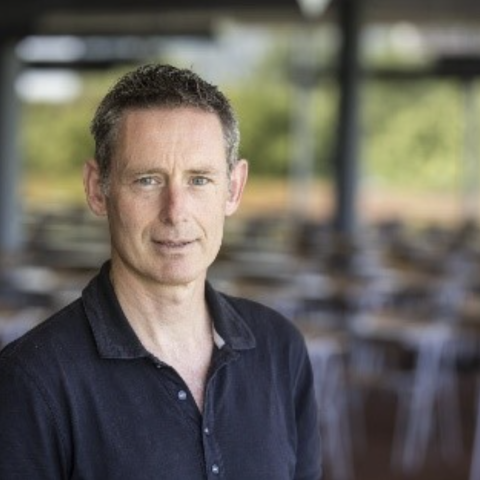
Corné Pieterse
Professor, Plant-Microbe Interactions group, Utrecht University, The Netherlands.
Scientific Director of the Institute of Environmental Biology, Faculty of Science
Plant-Microbe Interactions group, Utrecht University, The Netherlands.
Invited talk in English:
The Root Microbiome and Plant Health
E-mail: C.M.J.Pieterse@uu.nl
Website: http://www.uu.nl/en/research/plant-microbe-interactions
Google Scholar: LINK; Personal page: http://www.uu.nl/staff/CMJPieterse

Jeroen Raes
Full Professor at KU Leuven, Belgium
Vice Director, VIB Center for Microbiology, Belgium
Vice Director, Interuniversity Institute for Bioinformatics Brussels (IB)2, Belgium
Invited talk in English: Quantitative microbiome profiling in health and disease
E-mail: jeroen.raes@kuleuven.be
Website: www.vib.be
Personal Website: http://www.raeslab.org
ORCID ID: https://orcid.org/0000-0002-1337-041X
ResearchGate ID: https://www.researchgate.net/profile/Jeroen-Raes

Carmen María Escudero Martínez
Postdoctoral Researcher, University of Dundee, Scotland, United Kingdom
Keynote Lecture:
Mapping barley genes associated with rhizosphere microbiota
E-mail: c.m.z.escuderomartinez@dundee.ac.uk
Twitter: @CarmenEscudero
LinkedIn: https://uk.linkedin.com/in/carmen-escudero-martinez-80b3b97a
Wordreference: https://carmenmariaescudero.wordpress.com
Publons: https://publons.com/researcher/3704647/carmen-escudero/
ResearchGate: https://www.researchgate.net/profile/Carmen-Escudero-Martinez
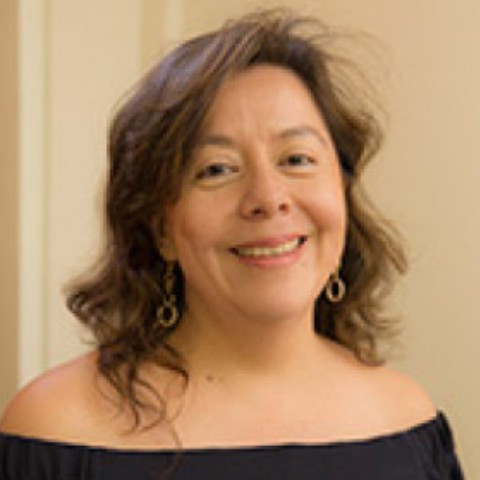
Sonia Zapata Mena
Full-time Professor and Researcher at the Institute of Microbiology, College of Biological and Environmental Sciences (COCIBA), University of San Francisco de Quito, Ecuador.
Director of the Institute of Microbiology, USFQ
Keynote Lecture:
Phage Therapy as an Alternative for Salmonella Control
E-mail: szapata@usfq.edu.ec
Website: https://www.usfq.edu.ec/es/perfil/sonia-elizabeth-zapata-mena
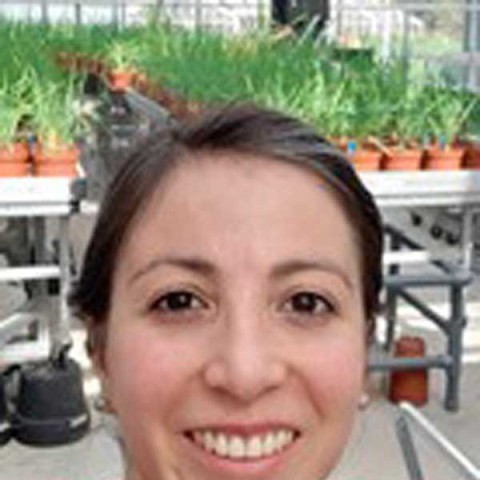
Mónica Garcés Ruiz
Postdoctoral Researcher, Catholic University of Louvain, Belgium
Keynote Lecture: Arbuscular Mycorrhizal Fungal Community Found in Abandoned Oil Pools in the Amazon of Ecuador
E-mail: monica.garcesruiz@uclouvain.be
ResearchGate: https://www.researchgate.net/profile/Monica-Garces-Ruiz-2
Website: https://uclouvain.be/en/research-institutes/eli/elim/team-mycology-pr-stephan-declerck.html
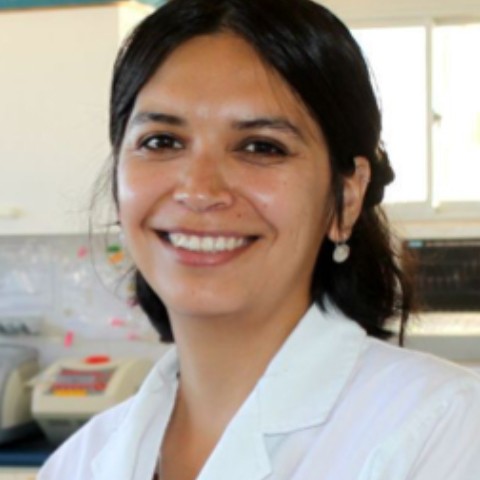
Cristina Dorador Ortiz
Associate Professor, Department of Biotechnology, University of Antofagasta, Chile
Deputy Director, Doctorate Program in Applied Sciences with a focus on Coastal Marine Systems, University of Antofagasta, Chile
Keynote Lecture: Microbiomes and Adaptations to Polyextreme Environments in the Atacama Desert
E-mail: cristina.dorador@uantof.cl
Website: https://redinvestigadoras.cl/miembros/cristina-dorador-ortiz/
ResearchGate: https://www.researchgate.net/profile/Cristina-Dorador
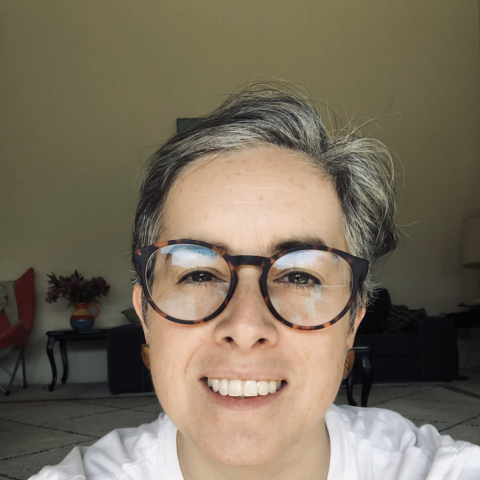
Eria Rebollar Caudillo
Full-time Associate Researcher at the Center for Genomic Sciences, National Autonomous University of Mexico (UNAM)
Keynote Lecture: Deciphering the Factors Modulating the Skin Microbiome in Salamanders
E-mail: rebollar@ccg.unam.mx
Website: https://eriarebollar.wordpress.com/
Website: http://www.erialab.com/
ResearchGate: https://www.researchgate.net/profile/Eria_Rebollar
Antonio León-Reyes
Full-time Professor and Researcher at the College of Sciences and Engineering (Polytechnic) of the University of San Francisco de Quito, Ecuador.
Director of the Agricultural and Food Biotechnology Laboratory, USFQ
Keynote Lecture: Microbiome of Agricultural Crops in Ecuador
E-mail: aleon@usfq.edu.ec
Website: https://www.usfq.edu.ec/es/perfil/antonio-leon

Paúl A. Cárdenas
Full-time Professor and Researcher at the Institute of Microbiology, College of Biological and Environmental Sciences (COCIBA), University of San Francisco de Quito, Ecuador.
Director of the Institute of Bioinformatics, USFQ
Adjunct Professor, Department of Biology, University of North Carolina at Chapel Hill, USA
Academic Workshop: How to Interpret Microbiome Studies Using Shotgun Metagenomics?
E-mail: pacardenas@usfq.edu.ec
Website: https://www.usfq.edu.ec/es/perfil/paul-andres-cardenas-aldaz
Twitter: https://twitter.com/paulcarald?lang=en
ORCID ID: https://orcid.org/0000-0001-9626-4489
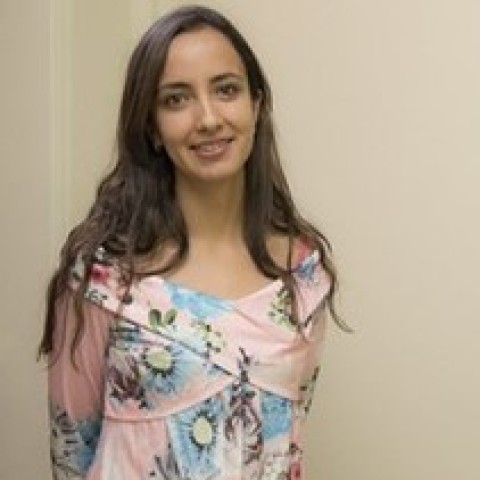
Belen Prado
Member of the Institute of Microbiology, College of Biological and Environmental Sciences (COCIBA), University of San Francisco de Quito, Ecuador.
Academic Workshop:
How to Interpret Microbiome Studies Using Shotgun Metagenomics?
E-mail: bprado@usfq.edu.ec
Website: https://www.usfq.edu.ec/es/perfil/maria-belen-prado-vivar
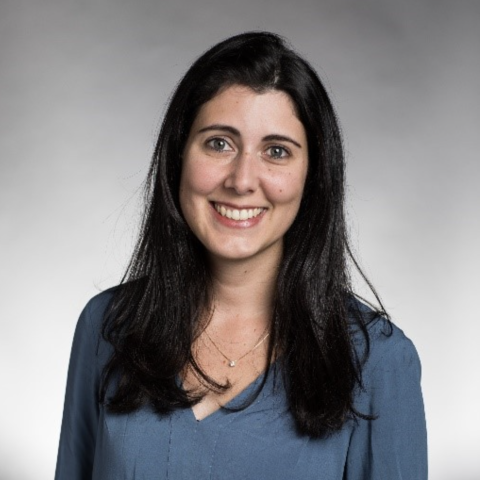
Viviane Cordovez
Scientist at the Department of Microbial Ecology, Netherlands Institute of Ecology in Wageningen, The Netherlands.
Academic Workshop in English:
CULTUROMICS: Establishing a Microbial Culture Collection for Exploring the Diversity and Functions of Plant-Associated Microorganisms
E-mail: v.cordovez@nioo.knaw.nl
Website: https://nioo.knaw.nl/en/employees/viviane-cordovez-da-cunha
ResearchGate: https://www.researchgate.net/profile/Viviane-Cordovez

Paulette Goyes
- Independent Researcher in bioremediation projects. Collaborates with Dos Islas-Estudios, the Design Lab (D-Lab) at the University of San Francisco de Quito, and the CoRenewal research team.
- Academic Workshop: Multipurpose Fungus Cultivation: An Approach to Mycelium Adaptability
- E-mail: paugoyes07@gmail.com
- Website: https://dlab.usfq.edu.ec/nosotros/
- Instagram: @babypollution
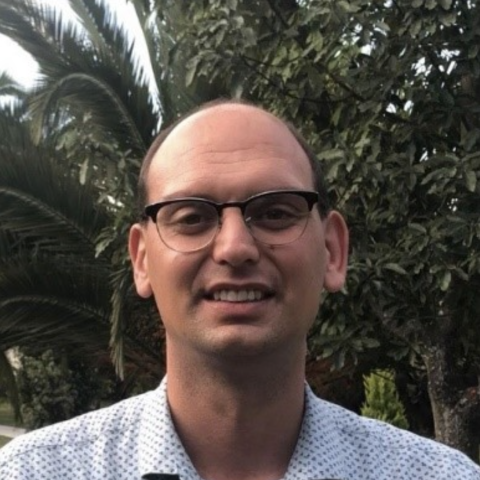
Pieter van ‘t Hof
Full-time Professor and Researcher at the College of Biological and Environmental Sciences (COCIBA) of the University of San Francisco de Quito, Ecuador.
Member of the Institute of Microbiology, USFQ
Academic Workshop:
Crop Domestication Explained: Implications for the Microbiome and its Applications in Agriculture
E-mail: pvanthof@usfq.edu.ec
Website: https://www.usfq.edu.ec/es/perfil/pieter-marinus-van-t-hof
Program - Symposium
Program - Friday, June 18th Virtual Mode via ZOOM
* English Talk
| Time | Program |
|---|---|
| 08:00 - 08:10 | Opening of Symposium |
| 08:10 - 09:00 | Corné Pieterse Ph.D. (Utrecht University - Netherlands) The root microbiome and plant health* |
| 09:00 - 09:50 | Jeroen Raes Ph.D. (KU Leuven - Belgium) Quantitative microbiome profiling in health and disease* |
| 09:50 - 10:40 | Carmen Escudero Martínez Ph.D. (University of Dundee - USA) Mapeo de genes de la cebada asociados con la microbiota de la rizosfera |
| 10:40 - 11:20 | COFFEE BREAK ** 1st POSTERS session |
| 11:20 - 12:10 |
Sonia Zapata Mena Ph.D. (University of San Francisco de Quito - Ecuador) Fagoterapia una alternativa para el control de Salmonella |
| 12:10 - 13:00 | Mónica Garcés Ruiz Ph.D. (UC Louvain - Belgium) Comunidad de Hongos Micorrízicos Arbusculares presente en piscinas de petróleo (crudo) abandonadas en la Amazonía de Ecuador |
| 13:00 - 14:00 13:45 - 14:30 |
LUNCH 2nd POSTERS session |
| 14:30 - 15:20 | Cristina Dorador Ph.D. (University of Antofagasta – Chile) Microbiomas y adaptaciones a ambientes poliextremos del Desierto de Atacama |
| 15:20 - 16:10 | Eria Rebollar Ph.D. (Autonomous University of Mexico - Mexico) Descifrando los factores que modulan el microbioma de la piel en salamandras |
| 16:10 - 17:00 | Antonio León Reyes Ph.D. (University of San Francisco de Quito - Ecuador) Microbioma de los cultivos agrícolas del Ecuador |
| 17:00 - 17:15 | Closure of Symposium |
| 17:15 - 18:00 | DRINKS & NETWORKING (VIRTUAL MODE) |
Program - Academic Workshops
Program - Academic Workshops Thursday, June 17th Virtual Mode via ZOOM
* English Talk
| Time | Program |
|---|---|
| 08:30 – 10:00 | WORKSHOP 01 - Viviane Cordovez Ph.D. NIOO-KNAW - Netherlands Institute of Ecology – The Netherlands *CULTUROMICS: establishing a microbial culture collection for exploring the diversity and functions of plant-associated microorganisms. |
| 10:30 – 12:00 | WORKSHOP 02 – Paulette Goyes Blga. CoRenewal - Laboratorio de Diseño D-Lab USFQ – Dos Islas Cultivo de hongos multipropósito: Un acercamiento a la adaptabilidad del micelio |
| 14:00 – 15:30 | WORKSHOP 03 – Paul Cárdenas Ph.D. & Belen Prado Ph.D.(c) Universidad San Francisco de Quito - Ecuador ¿Cómo interpretar estudios de microbioma utilizando Shotgun Metagenomics? |
| 16:00 – 17:30 | WORKSHOP 04 – Pieter van ‘t Hof Ph.D. Universidad San Francisco de Quito - Ecuador Domesticación de cultivos explicado: Implicaciones para el microbioma y sus aplicaciones en la agricultura |
| 18:30 – 20:00 | RECORDINGS – ALL ACADEMIC WORKSHOPS If for any reason you cannot attend the Academic Workshops synchronously during the day, we offer the opportunity to review one of the Workshops of your choice through a recording session from 18:30 to 20:00. |
Poster Presentation
The guidelines that authors of research papers must follow to submit their abstract and poster for the 3rd International Symposium "Advancements in the World of Microbiomes" are as follows:
ABSTRACTS
- Abstracts will be accepted between May 10th and June 10th, 2021, at the following link: https://forms.gle/iFLJxogvbqTHS5my7.
- The abstract format should be *.docx (Word).
- The Scientific Committee of the Symposium will evaluate and select the abstracts to be presented at the event.
- The authors of selected abstracts will be notified of the results as soon as possible after submission.
- The abstract must not exceed 500 words and should be accompanied by an Abstract and the cited bibliography.
- The text should be in Spanish (English is optional).
- Font for the abstract: Times New Roman.
- Title: italics - bold - size 17.
- Author names: bold - size 12.
- Presenter's name underlined.
- Affiliation of authors: size 9.
- Subheadings (abstract and bibliography): bold - size 11.
- Body text: size 11.
- To view an example abstract, please click here.
POSTER
- Through the notification email from the Scientific Committee of the Symposium, we will share the poster guidelines.
ACKNOWLEDGMENT = 1 ACADEMIC WORKSHOP VOUCHER
- When presenting a scientific poster at our event, an exhibitor is provided with a complimentary voucher to attend 1 Academic Workshop of their choice (Thursday, June 17th, the day before the Symposium). Through the notification email from the Scientific Committee of the Symposium, we will inform you about this complimentary voucher.
Registration
All registrations for the Symposium and Academic Workshops will commence from Monday, May 10th.
A certificate of attendance will be provided for the event.
Symposium Rates
- $25 Students
- $25 USFQ Community (Register under the "student" option)
- $35 USFQ Alumni
- $50 Professionals
Academic Workshop Rates
- $10 Students
- $10 USFQ Community (Register under the "student" option)
- $15 USFQ Alumni
- $20 Professionals
Promotions
Discounts apply for registering for the Symposium in combination with one or more workshops.
When presenting a Scientific Poster at the event, a voucher is provided for free attendance at 1 Academic Workshop of your choice (Thursday, June 17th, the day before the Symposium).
To review the guidelines for poster presentation, please visit the Symposium's webpage.
Payments
STEP 1: Make Your Payment
Payment can be made through bank transfer or deposit, or with a credit or debit card using the following payment button:
For both domestic and international bank transfers or deposits, please use the following details:
Beneficiary Name: UNIVERSIDAD SAN FRANCISCO DE QUITO USFQ
Beneficiary Account Number: 1645005041
Street Address of Beneficiary: Diego de Robles S/N y Pampite. Campus USFQ
City. State. Country: Quito. Pichincha. ECUADOR
Beneficiary Bank Name/Beneficiary: BANCO BOLIVARIANO
Bank ABA Number: N/A
SWIFT Code: BBOLECEG
Beneficiary Bank Address: Av. Naciones Unidas E699 y Shyris
City. State. Country: Quito. Pichincha. ECUADOR
If possible, please use "3rd Symposium Microbiomes" as the payment description.
STEP 2: Send Us Your Payment Confirmation
Send confirmation of your deposit or bank transfer (image of the document or the bank's transfer confirmation) as an attachment when making the payment through the payment button or to lsalazar@usfq.edu.ec.
STEP 3: Confirmation of Your Registration
You will receive an email from the event organization confirming your registration for the Symposium or Academic Workshops.
Organizing Institutes
Invited Institutions
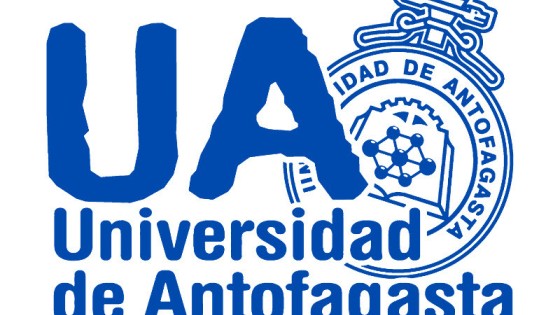

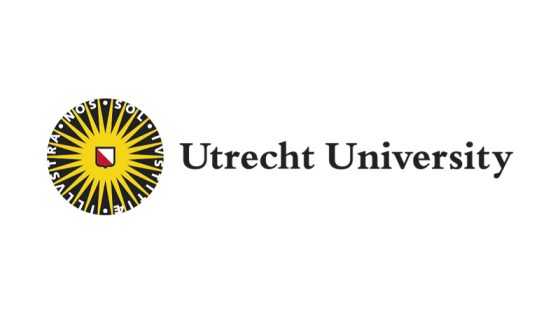
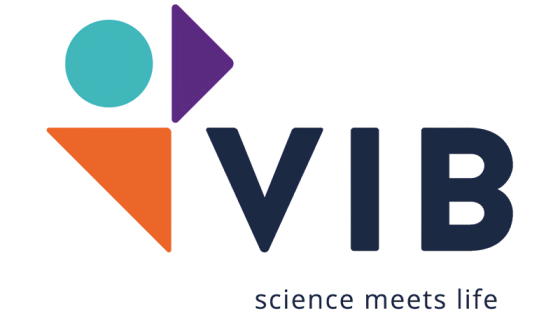

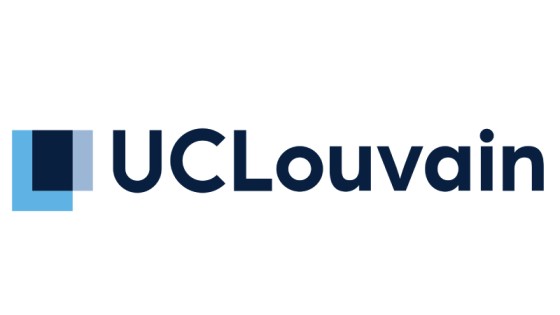
Sponsors
